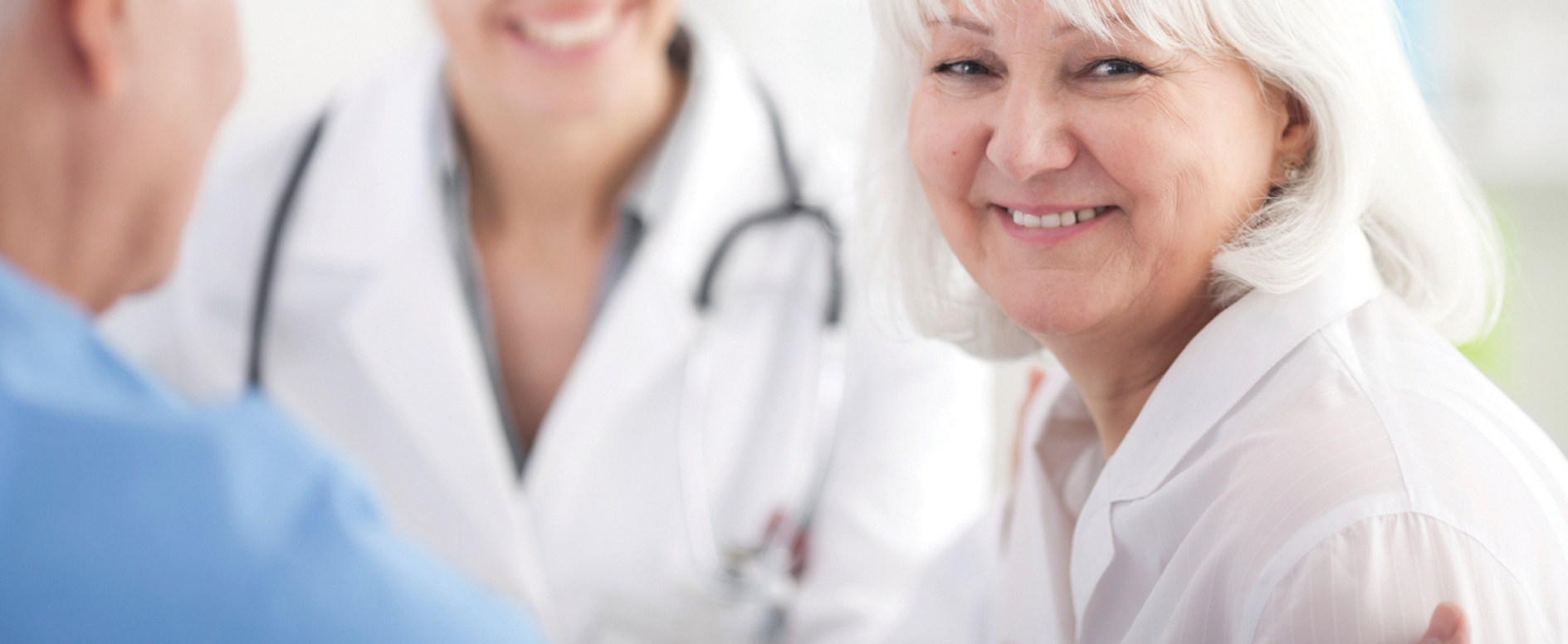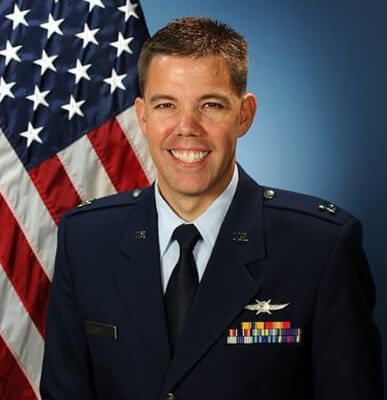

My story with cancer.
To set the stage, it must be noted that I am active duty military and all of my care was performed by military doctors in military treatment facilities. It began in 2016 when we moved to San Antonio, and I began to notice not being able to exercise as hard and fatiguing more quickly. My running became slower and I was less able to handle the heat. My family doctor assured me that it was completely normal as I was not used to the climate. I accepted his answer and went on with my life.
About 6 months later, while exercising hard during a business trip, I experienced severe abdominal pain. I went directly to the emergency room and was admitted for a suspected ruptured appendix. After several blood tests and imaging of my upper GI tract and abdomen, the prognosis was simply a vitamin and mineral deficient, which were administered by IV overnight. I was released the next day.
Over the next year, I continued to feel a decline in my performance and visited the doctor several times, each time being assured that nothing was wrong other than growing old and starting to feel my age (I was almost 38 - I know, super old).
It finally came to a head when I started experiencing rectal bleeding at each bowel movement. My doctor chalked it up to small fissures and a small hemorrhoid. The blood in my stool increased in volume and discomfort over the next 6 months. It was very painful to eat certain foods, such as nuts and popcorn. I also noticed my stools becoming smaller in diameter, increasing in frequency, and more painful.
I asked my doctor for a colonoscopy, endoscopy and imaging to determine the cause. Imaging (ultrasound and CT) findings of my upper and middle abdominal region showed nothing abnormal and my bloodwork was normal as well. I knew deep down that something more serious was going on, so I insisted on the colonoscopy to ensure nothing was missed.
Within 15 seconds of beginning the procedure, they admitted me for further testing. They discovered a 4-inch mass growing at the junction of my rectum and colon which was obstructing their ability to image the rest of my colon; however, they pushed past it and found I was clear elsewhere. After imaging of the affected area again, they finally saw the tumor. It was in stage III-C, which is where the cancer had pushed up to other systems, had dissolved or eroded the fatty layer separating organs and was threatening encroachment on them.
Additional imaging (CT, x-ray and MRI) proved difficult in the area, so they could not determine definitively if the tumor had invaded my bladder and small intestine. Finally, an ultrasound was performed showing I was only in stage III-C and had a good chance of keeping my bladder. Yay!
I immediately began chemoradiation therapy; 6 weeks of daily treatments. I took capecitabine which made me feel like vomiting, but I didn’t. I swished my mouth with a prescription saline mouthwash regularly and never had any mucositis. More than the chemo, it was the radiation therapy that really made me feel miserable. I felt tired and grungy and just wanted to sleep after treatment. I made it through by going to work every day until about noon, went for radiation and then home to just survive. I tried to eat a full load of calories and exercise so that I wouldn’t lose any weight or muscle mass, and honestly it was very difficult.
After treatment, I spent 6 weeks recovering/preparing for surgery…exercising and eating. The surgery was hard, and the recovery even harder, but worth it. It resulted in a complete pathologic response to the chemo and radiation, meaning the treatments before surgery completely eradicated the cancer. My doctors were very traditional in their approach and not eager to deviate from the standard prescription of neo-adjuvant chemo/RT, surgery then adjuvant chemo. However, after a literature review on the effectiveness of not taking the second wave of adjuvant chemo, I was able to convince them to reconsider so the adjuvant chemo was cancelled.
Since then I have changed my diet and a few other differences, but my life is pretty much back to normal. If I had to face it all over again, I would read about my treatment options, get multiple physician consultations and fight to get what I felt was best. I would also recommend joining a support group. I participated in an ostomy support group and got a lot of good ideas on how to care for myself, by people who were either currently or had gone through the same things. Don’t go it alone. You don’t have to, and you will have a better experience if you don’t.






